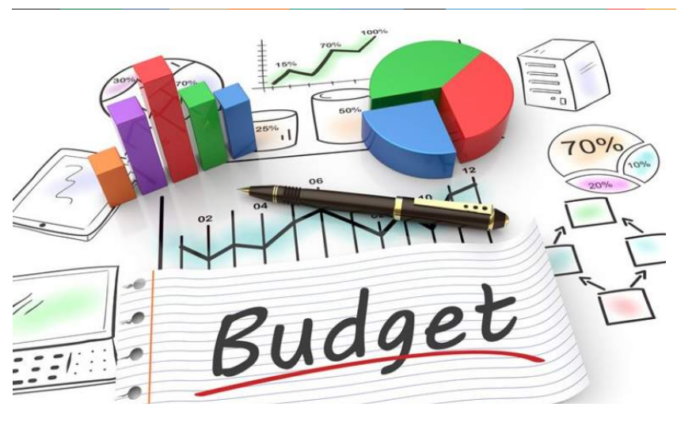Minister for Finance and Revenue Miftah Ismail on Tuesday said the government was determined to present a progressive budget, with special focus on fiscal consolidation to bring down the budget deficit below 5 percent of the Gross Domestic Product (GDP).
Addressing a day-long Pre-Budget Business Conference, the minister said an effective strategy had been evolved to achieve the GDP growth up to 6 percent and control inflation with strategic measures.
The conference was convened to provide a platform to agriculturists, information technology (IT) experts and businessmen to share and exchange their proposals with the government on IT, agriculture, business, textile and exports.
Miftah said the incumbent government had to take difficult decisions to put the economy on track, and it could take more drastic measures if required to improve it.
He said the Pakistan Muslim League-Nawaz (PML-N) came into power in a difficult situation, and it would leave it in a much better condition on the completion of its government tenure.
“You are all with us, we will leave it in a better position,” he said while addressing the audience.
The minister said the current government had re-engaged Saudia Arabia, China, the United Arab Emirates and other friendly countries, and it would hopefully help improve the situation in the country.
He said Prime Minister Shehbaz Sharif had realized the situation being faced by the downtrodden segments of the society and accordingly directed the quarters concerned to make plans for providing maximum relief to them before hiking petrol prices.
He said the government would provide stipend to around 14 million people, approximately one third of the country’s population.
Miftah expressed pleasure over the presence of stakeholders in the consultative gathering to take collective decisions at the critical juncture and lead the country towards a better future.
He assured the participants that the government would take all sectors along.
The minister said the government had inherited the economy in a bad situation, as the country witnessed the third highest inflation rate after Argentina and Turkey.
He said during the four years of Pakistan Tehreek-e-Insaf government, some 20 million people went below the poverty line and 0.6 million lost their jobs.
Every year, he said, around two million people joined the labour market and the country needed around 6 percent economic growth rate to absorb them. However, negative growth during the PTI regime led to unemployment and increase in poverty.
When the incumbent government took over, he said, around Rs 5,600 billion deficit was projected, and it was making concerted efforts to bring it down to Rs 5,200 billion.
The minister said there was average deficit of Rs 1,650 billion per annum during the PML-N’s last tenure, and it rose to Rs 5,600 billion in just three and a half years of the PTI government. The deficit had risen from 6.5 percent to 9.1 percent of the GDP in the PTI regime, he added.
He said average debt taken by the PTI government stood at Rs 5,177 billion whereas the PML-N government had taken Rs 2,132 billion, which was utilized for building power plants and other infrastructure.
The total debt taken by 19 prime ministers during the last 70 years was Rs 24,952 billion, whereas the PTI government took around Rs 20,000 billion, which was around 80 percent of the total debt.
The minister said around Rs 1,072 billion power subsidy was given during the current year whereas the circular debt went up to Rs 500 billion, taking the total power sector losses to Rs 1,600 billion.
He said the petroleum sector was also given Rs 81 billion subsidy while it had a circular debt of around 400 billion. Likewise, the Sui Northern Gas Pipelines Ltd was facing losses of Rs 200 billion and the Pakistan State Oil of Rs 500 billion.
He said the country needed about $41 billion for debt payment of $21 billion over the next 12 months and building foreign exchange reserves up to $18 billion.
He said the government re-engaged the International Monetary Fund (IMF) and expressed the hope that the agreement would be signed soon.
Miftah said the government had to enhance the petrol prices under compulsion, as otherwise, it would have to incur a loss of Rs 120 billion per month – three times more than its expenditures.
He lamented that the country had become an importer of sugar and wheat, contrary to the fact that two commodities were exported during the last PML-N government.




